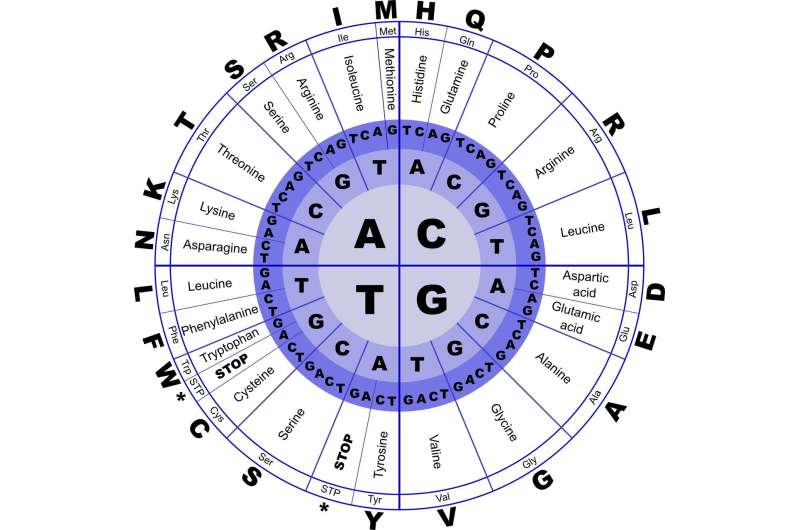
Adipose tissue is essential for the establishment and maintenance of functional metabolism, secreting large amounts of adipokines that affect fatty acid oxidation in skeletal muscle and liver.
Branched-chain amino acids (BCAAs) are composed of leucine (Leu), isoleucine (Ile), and valine (Val). Since the three BCAAs share the same enzymes, they may have a competitive metabolic relationship, thus balancing dietary BCAAs is significant for nutrition.
Recently, a team of researchers from the Institute of Subtropical Agriculture (ISA) of the Chinese Academy of Sciences revealed the role of balanced BCAAs supplementation in lipid metabolism.
The study was published in Journal of Agricultural and Food Chemistry on June 10.
Using a finishing pig model, the researchers found that the addition of BCAAs to an adequate ratio range of 2:1:1 to 2:1:2 in reduced protein diets increased growth performance while decreased fat mass weight.
Meanwhile, balanced BCAAs-supplemented restricted diets modulated lipid metabolism by accelerating the secretion of adipokines, increasing adiponectin and visfatin, while decreasing leptin, FABP4, RBP4, MCP1, and IL-6.
Source: Read Full Article
